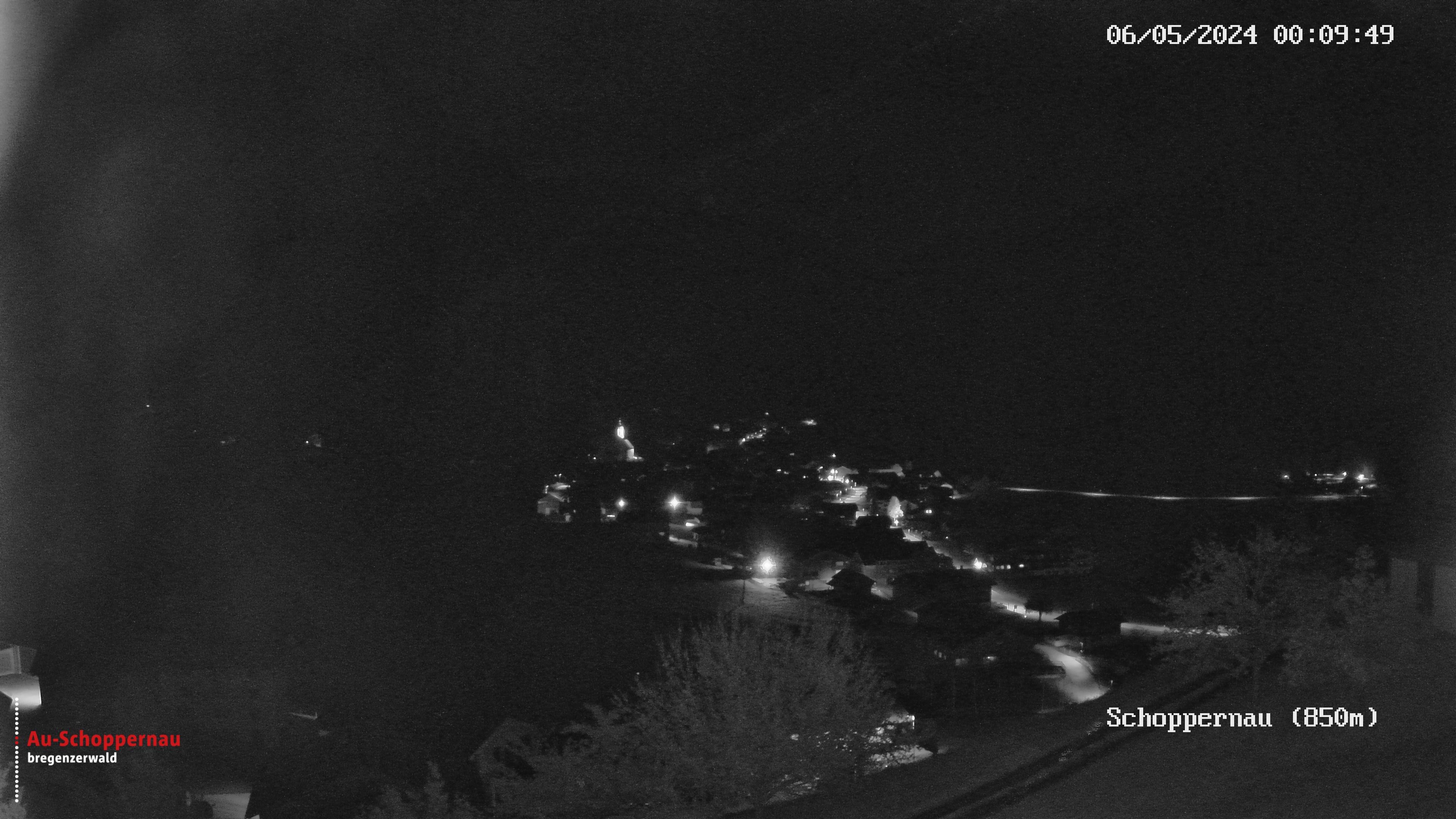Hornkäse is a cheese made from the milk of cows that have horns. Sounds quite reasonable but in deciding to process “horned” milk separately, cheesemakers of Mühle-Hub in Egg not only discovered a new niche, but also fuel for plenty of discussion and controversy. Though the idea was first inspired by nutrition science, the on-going trend towards more natural, traditional as well as compassionate handling of animals, which has become popular in social media, has given the cheesemakers more lasting attention, as well as demand both domestically and internationally.
The autumn of 2014 was a good year for experiments. Back then cheesemaker Mühle-Hub produced cheeses from pure “horned” milk for the first time. The starting point was a discussion with Master Cheesemaker Johannes Metzler regarding evidence that people better tolerated dairy products from cows that still had horns. “We heard from people with lactose intolerance that milk from horned cows did not produce the same allergic reaction and they swore by it. Could we make such cheese for them they asked?” At the beginning, this posed a few logistical problems. But because the cheesemaker has two vats, the milk from cows with horns can be divided from that of the hornless animals to make separate dairy products. 6 of 10 farmers deliver “horned” milk and the trend is expanding.







